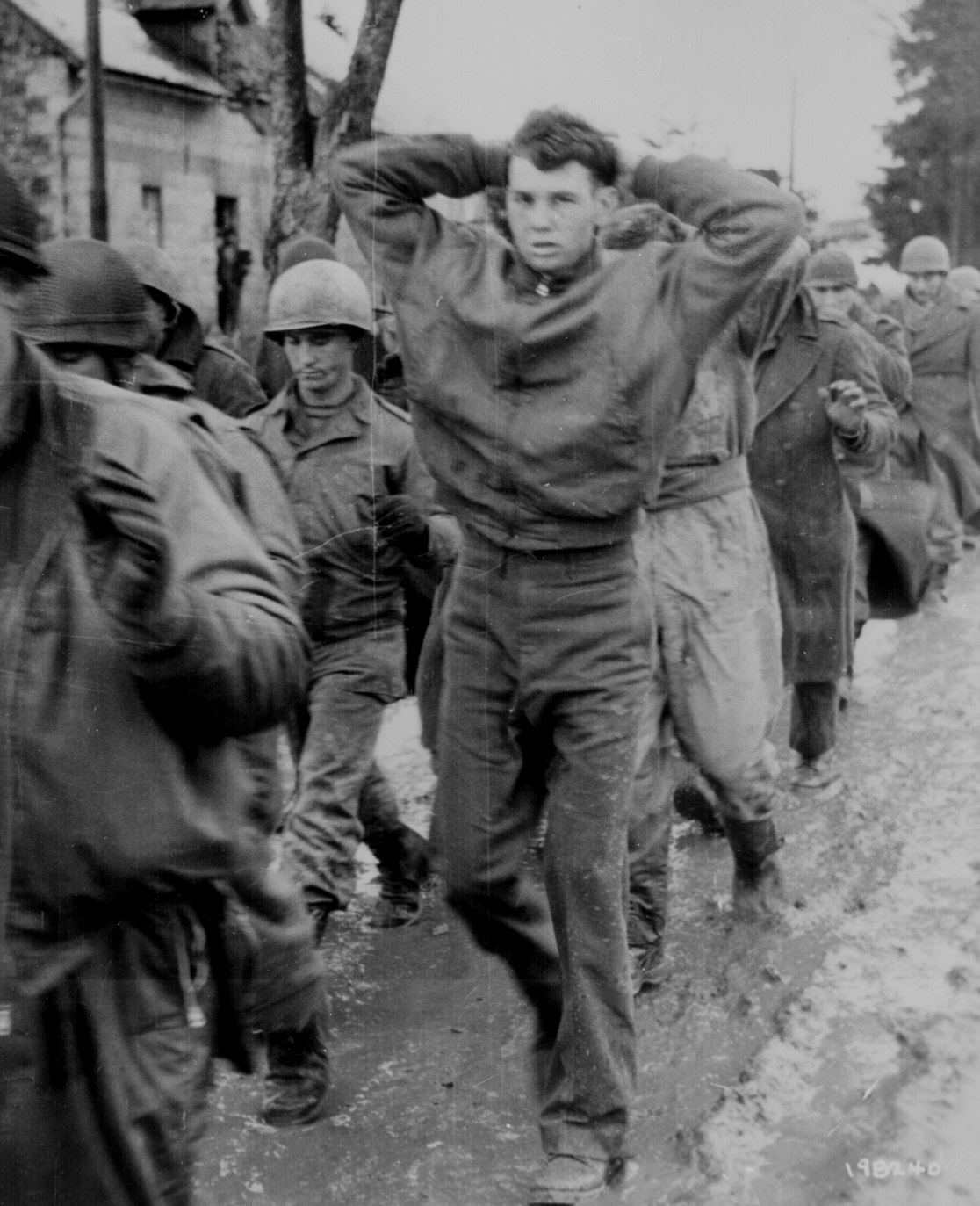“[She] told the receptionist that Billy was evidently going crazy.” Even his daughter asked, “Father, Father-what are we going to do with you?”(p. 29)
They rendered him crazy, with his babble about the Tralfamadorians and his time traveling. Yet, Billy wasn’t crazy at all he was simply stating where he had been and what he had learned. Time and time again Billy was shot down for simply explaining his viewpoint. People had stopped listening to what he was saying, and just nodded their heads at all his nonsense. Yet, in Billy’s eyes he simply preached what he knew.
Its like sitting in math class trying to explain a perfectly simple concept, however your way of understanding varies from the traditional or accepted ways, therefore making you wrong. Yet, you’re positively sure that what you say is correct. In fact, you are right, just that your method of explaining is slightly different. Billy Pilgrim goes through much the same process. Even those that have his best interests at heart don’t believe he is being rational.
What occurs is that Billy seems to be standing in a sound proof room. He talks and his lips move and people can see that, he makes faces and people watch them, yet when he speaks no one hears him.
Somehow Billy maintains his patience through all the disbelief, yet evidently he wishes someone would at least attempt to listen.






